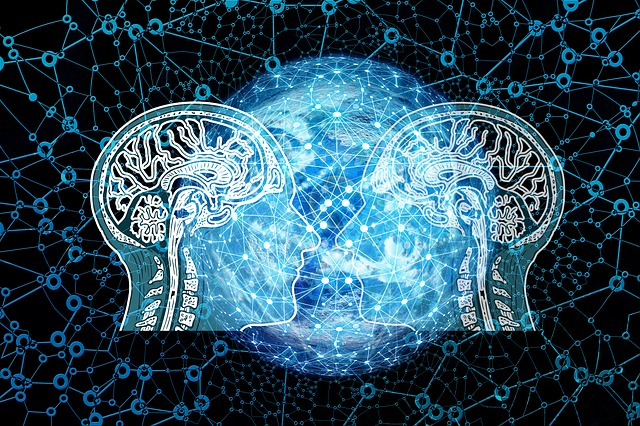A study presented at the American Society for Microbiology's annual meeting —ASM Microbe Online—has demonstrated that artificial intelligence (AI) may help in the prediction of the kind of bacteria that causes pneumonia in patients.
Through the study, the scientists showed that AI can leverage the information available in emergency rooms and aid in predicting if a patient has pseudomonas or MRSA, which can enable physicians in the prescription of specific antibiotics targetting particular bacteria.
Joowhan Sung, M.D., a hospitalist at MedStar Southern Maryland Hospital, said in a statement, "This research highlights the potential of AI as a supplementary tool for physicians in identifying causal pathogens of pneumonia, even before sputum culture results are available. We demonstrated that physicians could be assisted by AI to decide appropriate antibiotics."
Life-threatening Bacterial Infections

Infection caused by antibiotic-resistant bacteria is difficult to treat and can be life-threatening. According to the CDC, "more than 2.8 million antibiotic-resistant infections occur, and more than 35,000 people die as a result".
Pneumonia caused by bacteria such as Methicillin-resistant Staphylococcus Aureus (MRSA) or pseudomonas can be fatal, as they are resistant to commonly prescribed antibiotics. Although there are effective antibiotics against these infections, the test, sputum culture, takes at least 48 hours to incubate and identify these bacteria from the sputum, while these patients might deteriorate within hours.
Training a Neural Network
The investigators presented an analysis of more than 50,000 intensive care unit (ICU) admissions data from Beth Israel Deaconess Medical Center (BIDMC) in Boston, Massachusetts. The researchers analyzed records of patients who were admitted with pneumonia and trained an AI, "neural network" agent using the dataset. The AI agent showed promising results in predicting bacteria that caused the infection.
"Similar techniques can be applied to future research on pneumonia amid the current pandemic, such as capturing bacterial co-infection in those with known COVID-19, which could be fatal if undetected," said Sung. Jun Hyek Jang, M.S., senior researcher at AvoMD, Inc. and Joongheum Park, M.D., a hospitalist at Beth Israel Deaconess Medical Center, also contributed to this work. This research received no external funding.
ASM Microbe Online brings you the dynamic, cutting-edge science of ASM Microbe 2020, the annual meeting of the American Society for Microbiology. Explore the latest research in the microbial sciences with ePosters, hear from experts in the field during live keynotes and access track-related content with a curated selection of on-demand sessions.
(With inputs from agencies)









